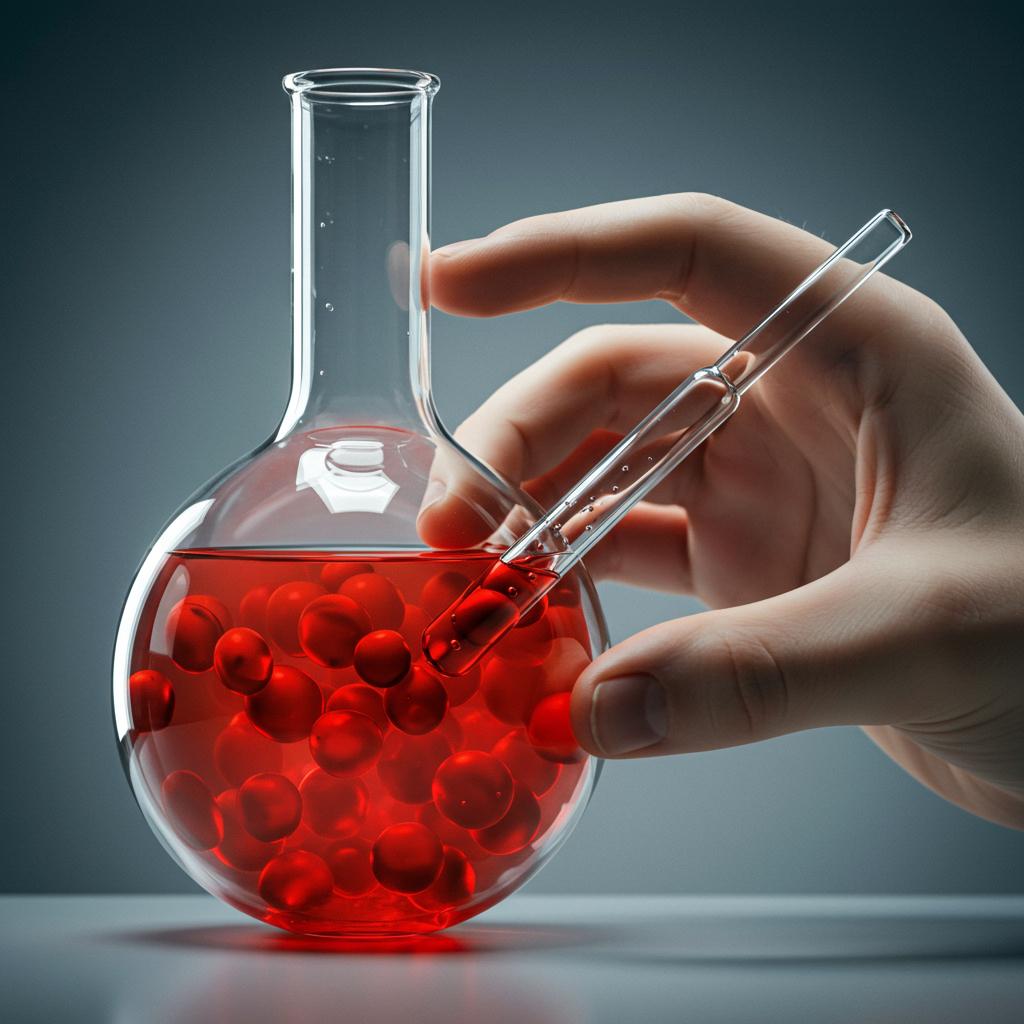
Could a simple blood test predict your risk of stroke? New research suggests it might be possible. A recent study explored the link between certain substances in our blood and the risk of ischemic stroke, the most common type of stroke. These substances are involved in the complex pathways of nitric oxide (NO), a molecule crucial for healthy blood vessels. Let’s break down this fascinating research and what it could mean for stroke prevention.
This study, nested within a larger ongoing health study in China, followed over 16,000 participants for about five years. Researchers focused on 321 individuals who experienced an ischemic stroke and compared them to a control group of 321 individuals with similar age and sex who didn’t have a stroke. They analyzed blood samples from both groups, specifically looking at the levels of arginine, homoarginine, ADMA, and SDMA—all key players in the NO pathway.
Here’s what they discovered:
- Homoarginine and ADMA/SDMA link to stroke risk: Participants with the highest levels of homoarginine and a ratio of ADMA to SDMA in their blood had a significantly increased risk of ischemic stroke. Think of it like a dose-response relationship – the higher the levels, the greater the risk.
- No clear connection with arginine: Interestingly, the levels of arginine itself didn’t seem to be directly related to stroke risk in this study.
- The importance of NO: These findings highlight the potential role of NO metabolism in the development of ischemic stroke. Healthy NO production is vital for maintaining the flexibility and health of our blood vessels. When this pathway is disrupted, it can contribute to problems like the formation of blood clots that can cause strokes.
Why is this important?
Ischemic strokes happen when a blood clot blocks blood flow to the brain. Understanding the underlying factors that contribute to stroke risk is crucial for developing effective prevention strategies. While further research is needed to confirm these findings and explore the mechanisms involved, this study provides compelling evidence for the connection between NO metabolism and stroke risk.
What does this mean for you?
While this research doesn’t offer immediate actionable steps, it underscores the importance of maintaining cardiovascular health. Here are some things you can do to reduce your overall stroke risk:
- Maintain a healthy lifestyle: A balanced diet, regular exercise, and avoiding smoking are all essential for heart and brain health.
- Manage existing health conditions: If you have high blood pressure, high cholesterol, or diabetes, work closely with your doctor to manage these conditions effectively.
- Stay informed: Keep up-to-date with the latest research on stroke prevention and discuss any concerns with your healthcare provider.
This study contributes valuable insights into the complex world of stroke research. By shedding light on the role of NO metabolism, it opens up potential avenues for future research and the development of innovative prevention and treatment strategies. Remember, knowledge is power when it comes to protecting your health.
